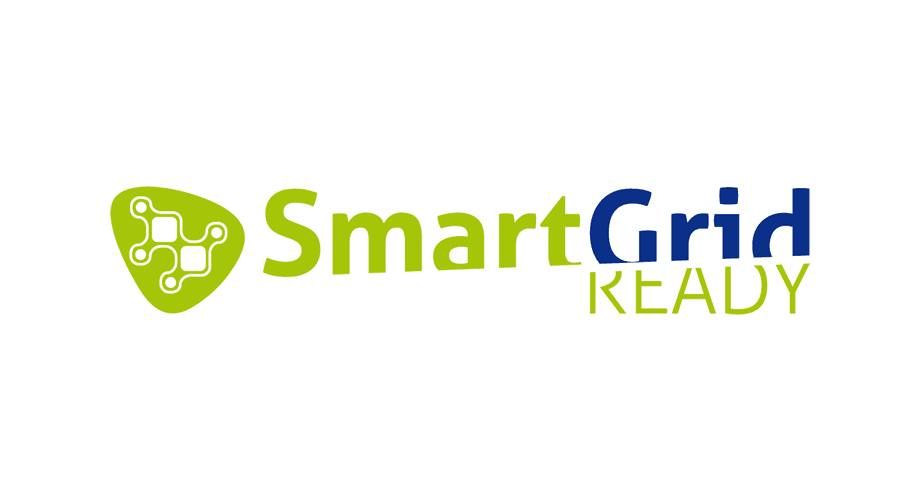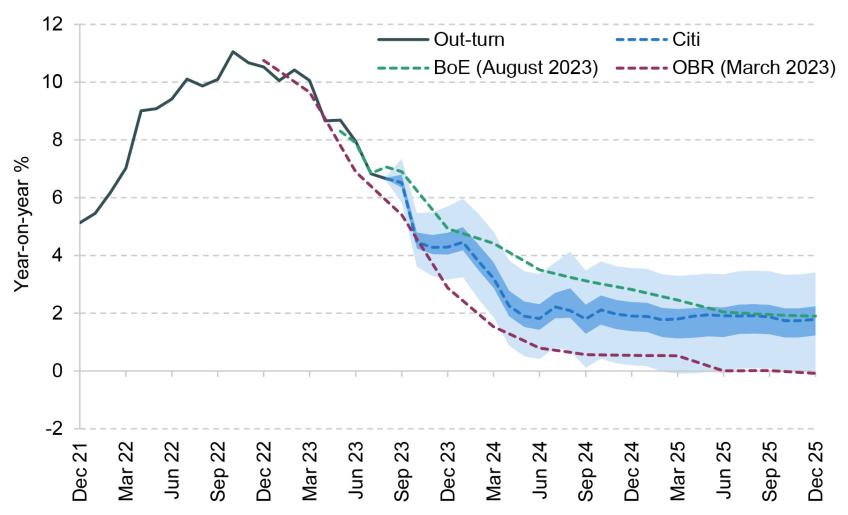
Maximizing Efficiency: Smart Grid Solutions for Modern Energy
In the ever-evolving landscape of energy management, the integration of smart grid solutions has emerged as a transformative force. This article delves into the significance of smart grid technologies and their potential to reshape the efficiency and sustainability of modern energy systems.
The Evolution of Energy Infrastructure
Traditional energy grids have served us well, but as demands grow and technology advances, there is a need for more intelligent, responsive systems. Smart grid solutions represent a paradigm shift in how we generate, distribute, and consume energy. This evolution is driven by the imperative to create a more resilient, efficient, and environmentally friendly energy infrastructure.
Key Components of Smart Grids
Smart grids are characterized by their incorporation of advanced technologies that enable two-way communication between various components of the energy ecosystem. These components include smart meters, sensors, advanced analytics, and automated control systems. Each element plays a crucial role in enhancing the overall functionality and efficiency of the grid.
Enhanced Monitoring and Control
One of the primary advantages of smart grid solutions is the ability to monitor and control energy usage in real-time. This granular level of control allows for better demand response management, optimizing energy distribution, and minimizing wastage. With smart grids, utilities can respond promptly to fluctuations in demand and supply, ensuring a more stable and efficient energy supply.
Integration of Renewable Energy Sources
As the world embraces a more sustainable energy future, the integration of renewable sources becomes imperative. Smart grids facilitate the seamless integration of solar, wind, and other renewable energy sources into the existing energy infrastructure. This not only supports environmental goals but also enhances the overall resilience of the energy grid.
Empowering Consumers with Information
Smart grid technologies empower consumers by providing real-time information about their energy consumption. Smart meters, in particular, enable consumers to make informed decisions about when and how they use energy, contributing to a more energy-efficient society. This increased transparency also fosters a sense of responsibility and awareness among consumers.
Grid Resilience and Security
In the face of increasing cyber threats and the unpredictability of natural disasters, grid resilience and security are paramount. Smart grid solutions incorporate advanced cybersecurity measures and self-healing capabilities that can quickly identify and respond to disruptions. This ensures the reliability and security of energy supply even in challenging circumstances.
Cost Efficiency and Sustainability
Beyond the operational benefits, smart grids contribute to cost efficiency and long-term sustainability. By optimizing energy distribution and reducing losses in transmission and distribution, smart grid solutions can lead to significant cost savings for utilities and, consequently, consumers. The overall reduction in energy wastage also aligns with global sustainability goals.
Challenges and Implementation Hurdles
While the potential benefits of smart grid solutions are substantial, their widespread adoption is not without challenges. Upgrading existing infrastructure, ensuring interoperability of diverse technologies, and addressing privacy concerns are among the hurdles that need to be overcome for seamless integration.
Global Initiatives and Future Prospects
Many countries around the world are actively investing in smart grid initiatives as part of their broader energy transition strategies. Governments, businesses, and communities recognize the transformative potential of smart grids in achieving energy efficiency and sustainability goals. The future prospects look promising as technology continues to advance and stakeholders collaborate on innovative solutions.
Smart Grid Solutions: Navigating the Future of Energy
In conclusion, the adoption of smart grid solutions represents a pivotal moment in the evolution of energy systems. From increased efficiency and sustainability to empowering consumers and enhancing grid resilience, the benefits are far-reaching. To explore more about Smart Grid Solutions, visit this link. As we navigate the future of energy, embracing these technologies is key to creating a more sustainable and resilient energy landscape.
https://travelexplorer.my.id/
https://traveljourneys.my.id/
https://traveltrailblazer.my.id/









